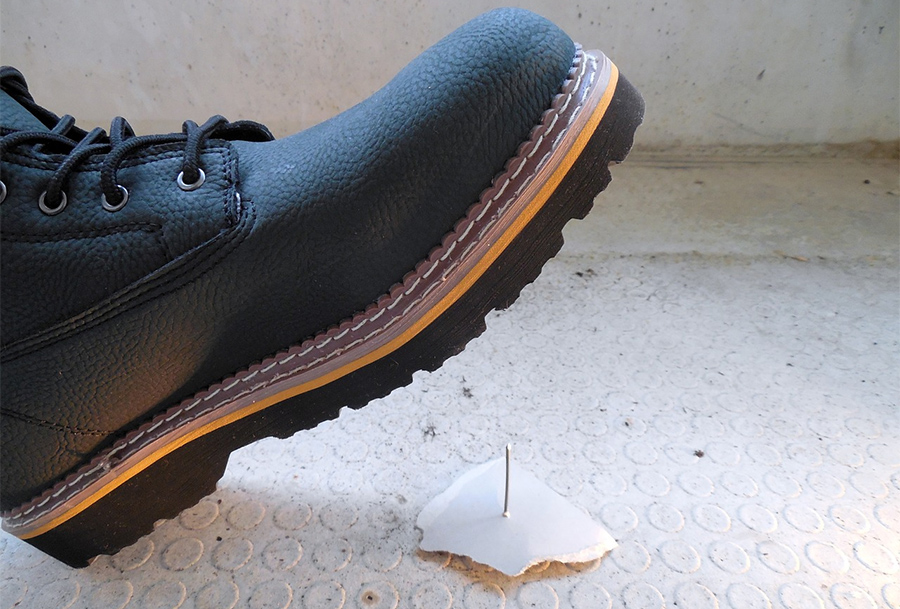

Injuries in the Workplace… understanding your employer’s obligations.
Whatever work you perform in Ireland, your employer has a legal obligation to look out for your safety. It’s not just the environment you work in, or the tools or machinery you work with that need to be safe, there’s a lot more to it.
Employers have common law duties
Apart from all the safety legislation introduced over the last thirty years or so and the more recent health and safety regulations (which we’ll deal with later), employers have a common law duty of care to look out for the wellbeing and safety of their employees while they are working.
In terms of the courts, employers will have discharged their common law duty if, in the court’s eyes, they acted prudently and reasonably, taking into account all of the circumstances. For an employer to fulfill its duty of care it needs to provide their workers with:
- a safe place to work
- competent co-workers
- a safe work system; and
- equipment that is fit for purpose
In addition, the extent of an employer’s duty also takes into account the age of the worker/s, their skills, knowledge and experience.
Example If a newly employed, inexperienced worker has an accident on the job, his employer will be much more likely to be deemed liable to provide compensation than they would if a long-serving employee with years of experience is injured.
In Ireland, unlike elsewhere, the responsibility to prove to a court that they suffered an injury due to their employer not taking reasonable care of their safety is placed on the shoulders of the worker. That’s why it’s vital for the injured party to gather as much evidence as possible before proceeding with a claim.
Compensation cannot be claimed for every accident that occurs at work. The injured worker has to prove that the cause of the accident was due to negligence on the part of their employer, or a breach of their duty of care.
Example If an employee is injured in a freak accident which was completely unforeseeable and the employer at the time was fully compliant with all health and safety regulations, then no matter how bad the injury, the employer cannot be held responsible. The injured worker would not, therefore, be entitled to any compensation.
If you’ve been injured at work, you probably won’t know if your employer has breached any health and safety standards. But don’t assume you have a good case for compensation just because you’re not aware of anything being wrong.
You should first speak to a solicitor who specialises in work-related injuries claims. Let them undertake an investigation into the circumstances of your accident using their experts and check whether any health and safety regulations have been breached by your employer.
You should provide your solicitor with all the facts, then let them advise you on whether you have a strong case for a compensation claim. Meet with your solicitor as soon as possible after your accident so that vital evidence can be gathered, as this could be the difference between you winning or losing your compensation claim.
Health and safety legislation
Since joining the European Union there have been some major improvements in safety measures in the workplace to protect employees from work-related injuries. These measures are contained in The Safety, Health and Welfare at Work Act 2005 and provide the legislative framework for the well-being and health and safety of employees in the workplace. The provisions of the Act impel employers to achieve better standards of safety and health for workers.
Section 8 of the Act compels employers to do everything they can, as far as is reasonably practicable, to ensure the health, safety and welfare of their employees while they are working.
Although the wide-ranging health and safety statutory duties has improved the workplace protections of employees, it’s as well to remember that if an employer does not accept liability for a worker’s injuries, then the onus is on the employee to prove, in court, that the employer breached one or more of these statutory duties.
To ensure that a work-related injury claim will be successful in the event that an employer refuses to accept responsibility, it’s vitally important to obtain legal advice from a solicitor experienced in work-related injury claims as soon as possible after the accident.
